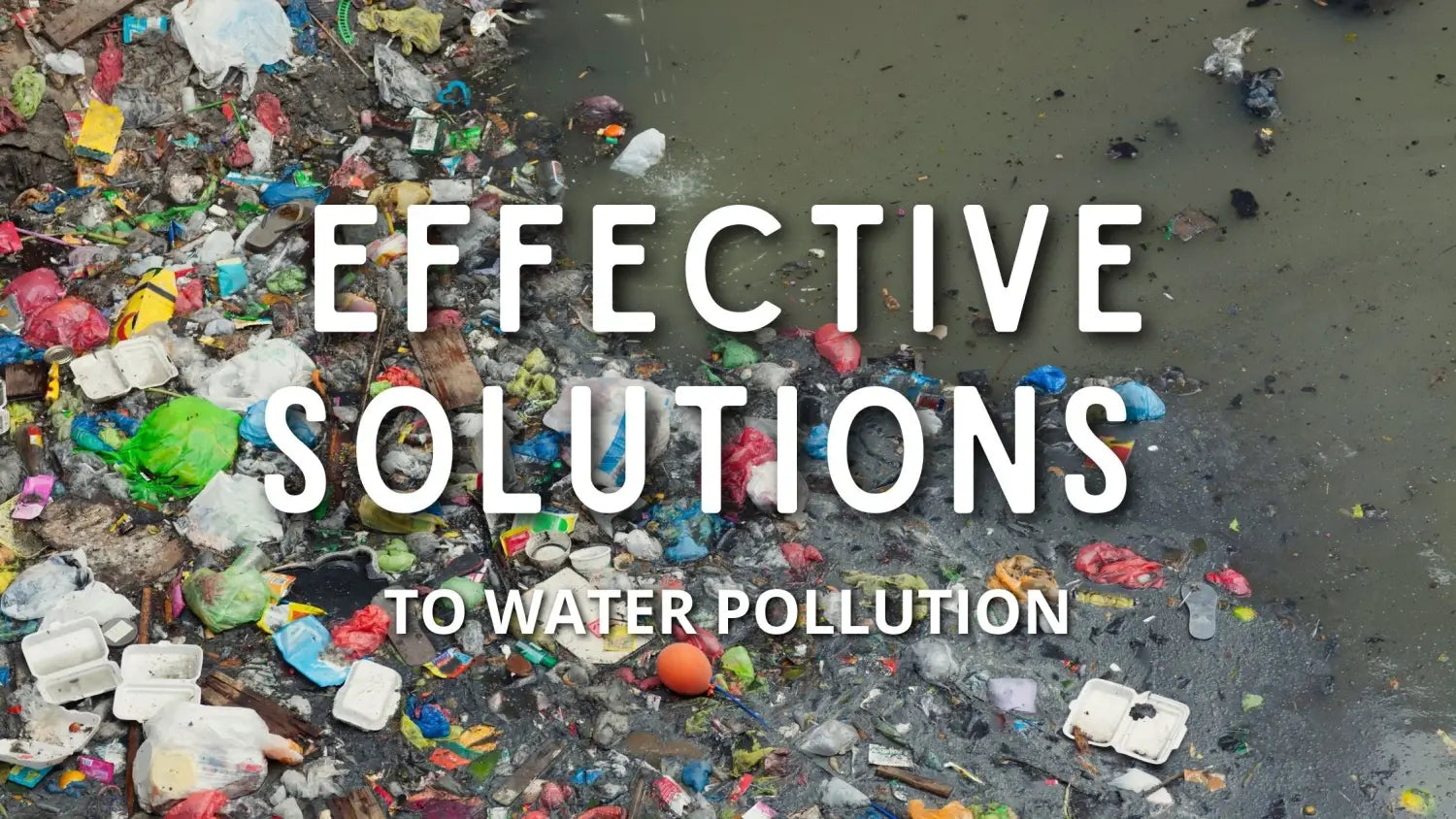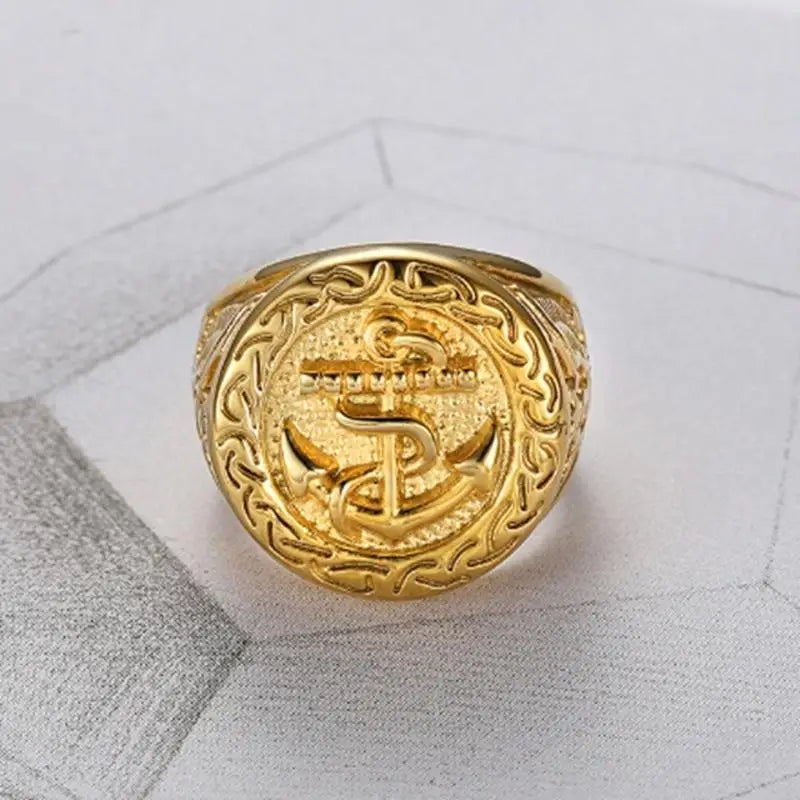Water pollution is a major environmental challenge that affects the health and well-being of people and wildlife around the world. From plastic waste and chemicals to agricultural runoff and sewage, water pollution can take many forms, and can have serious consequences for the environment and public health. But what can we do to combat water pollution and protect our oceans and waterways?
Effective Solutions to Water Pollution
Here are a few effective solutions:
1. Reduce Plastic Use
One of the most effective ways to reduce water pollution is to reduce our use of plastic. Single-use plastics, such as plastic bags, bottles, and utensils, are a major source of water pollution, as they often end up in the ocean and other waterways. By using reusable bags, bottles, and other containers, we can significantly reduce the amount of plastic waste that ends up in the environment.
2. Conserve Water
Water conservation is another important solution to water pollution. By using water wisely and efficiently, we can reduce the amount of water that is treated and released into the environment. This can help reduce the amount of chemicals and other pollutants that are introduced into our water sources. Simple steps like fixing leaks, using low-flow fixtures, and taking shorter showers can all make a difference.
3. Support Clean-Up Efforts
Another way to help combat water pollution is to support organizations and initiatives that are working to clean up our oceans and waterways. From beach clean-ups to river and lake restoration projects, there are many ways to get involved and make a difference. You can also support organizations that are working to reduce plastic waste and promote sustainable water use.
4. Dispose of Waste Properly
Properly disposing of waste is another important solution to water pollution. By properly disposing of our trash and following proper sewage treatment practices, we can help reduce the amount of pollution that ends up in our water sources. This includes properly disposing of hazardous materials, such as chemicals and batteries, which can be harmful to the environment if not disposed of properly.
5. Support Water Pollution Prevention Measures
In addition to taking individual actions to reduce water pollution, we can also support policies and regulations that help prevent water pollution. This can include supporting legislation that regulates water quality standards and that requires industries and businesses to reduce their environmental impact. By advocating for stronger water pollution prevention measures, we can help protect our oceans and waterways for future generations.
6. Educate Others about Water Pollution
Finally, one of the most effective ways to combat water pollution is to educate others about the issue. By raising awareness about the causes and consequences of water pollution, we can inspire others to take action and make a difference. This can include sharing information about water pollution on social media, participating in educational events and campaigns, and teaching others about the importance of protecting our water resources.
Effective Solutions to Water Pollution In Conclusion
Water pollution is a major environmental challenge that affects the health and well-being of people and wildlife around the world. But by taking action and supporting effective solutions, we can help combat water pollution and protect our oceans and waterways for future generations. So, we should take steps to reduce water pollution.





















